Ministhy S is an IAS officer by day, and translator by night. She translate not just of Malayalam novels, but also Hindi and English worls. Prakruti Maniar caught up with her at the Jaipur Literature Festival 2022 to talk about finding time to translate, working with V.J.James on Anti-Clock, and more. Excerpts.
We encourage you to buy books from a local bookstore. If that is not possible, please use the links on the page and support us. Thank you.
You have translated some fantastic Malayalam novels and Hindi texts as well as some children’s stories. How did you come to translations? Did you train as one? How do you keep learning the craft of it?
Ministhy S: I had grown up loving (and) reading translations. We read world classics in Malayalam translation all the time. Then, I ended up as an IAS officer in UP and Hindi also became sort of comfortable language to work with. I came to translations during a very stressful time in my professional life. I translated Sri Ramakrishna Upanishad, which was written by C Rajagopalachari in Tamil. His daughter, Lakshmi Gandhi, was married to Gandhi ji’s son, and she had translated her father’s work into Hindi and I translated it into Malayalam. So, mine was a sort of a spiritual pull towards translation.
KR Meera’s Malayalam novels; first Meera Sadhu, which became The Poison of Love, which was featured in the 2017 long list for DSC Prize for South Asian literature, was my first foray into serious fiction. Meera and I were mutually introduced by a friend. And I asked Meera, because I love reading her books, about this particular novella, it is about an IIT graduate who ends up as a widow in a very traumatic novella. She said, Mini, it’s very traumatizing for a lot of people so they don’t want to translate. Because translation can sometimes be a very visceral experience, you really undergo the emotions of the protagonists. So people keep away from it. But I said, no, it’s such a gem. So she says, why don’t you try? So I should thank her for giving me my first break. And Penguin ended up giving us a double book contract. So I went on to do Nethronmeelanam. So that’s how I got into it.
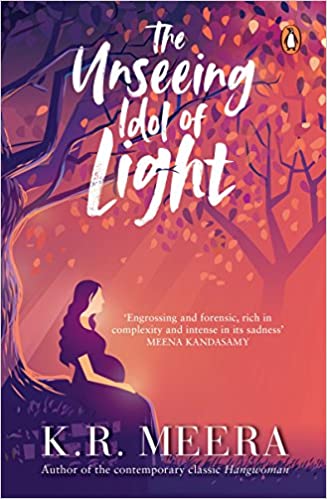
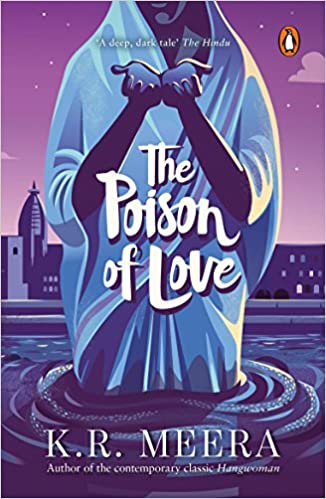
Meera’s style is very different from James’, right. So as a reader, you love that fiery, that tempestuous sort of reading. Meera’s books are very much feminist and full of passion and energy. Now, James’ book, if I were to draw an analogy, it’s like a serene stream flowing, exploring philosophical depths and all that. Readers find both enjoyable. But to switch roles as a translator is very difficult. So like I keep saying, we cannot afford to have an ego, it’s just like meditation, you become a channel. And you have to work extremely hard to do justice to the spirit with which the author wrote the book. So I reached out to James with my first book, when I really loved this first book, and then we ended up working together. Today, we’ve done five books together.
Of these five Malayalam novels, one, Anti-Clock, has been published, the second of the Malayalam novels came out in April and it is called Nireeswaran, the Anti-God, by Penguin Random House. It has won almost all the awards in Malayalam, so we’re really keen on seeing how it is recevied in English.
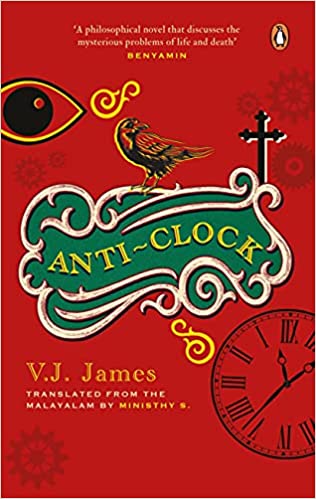
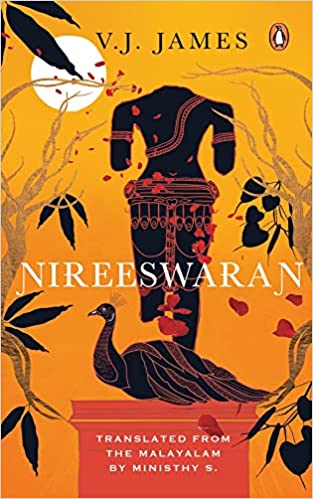
Do you translate into Malayalam too?
Ministhy S: I do translate into Malayalam too. I’ve done two books, the first book was, like I said, Sri Ramakrishna Upanishad, which I translated from Hindi to Malayalam, DC books published it. Another was by Daniel Ladinsky, who writes spiritual poetry. He has translated spiritual poets from across East and West, and the book is called Love Poems of God, so I translated 120 poems from that into Malayalam. So I’ve got two publications in Malayalam as well. Yeah, but I don’t translate into Hindi, I translate from Hindi.
You are based in Lucknow. As a translator, whose relationship with language is so important, what are the challenges of not being based in your home state?
Ministhy S: Definitely it’s a disadvantage that you’re not based in your home state. And you know, you’re not really updated with the latest developments. But technology has made it possible to procure the Malayalam novels or read the magazines.
I grew up in a home where my family, we used to read a lot of Malayama novels, magazines, especially, literary magazines. So, there is a strong linguistic foundation. I said earlier, we ended up reading world classics in Malayalam. So the deep love I have with my mother language is there. With my father, my brother, in Kerala in general I think there is a culture of discussion even with friends. So if anybody encounters a very good novel in Malayalam, they’ll immediately say, Mini, you have to read it. So, that way, one never loses touch. And whenever I visit Trivandrum, I make it a point to pick up all the books I love. That’s how I do keep in touch with the latest.
So the idea that reading is dead is not true at all! Malayalam literature especially has been getting so many accolades. What do you think is the reason for that?
Ministhy S: Not at all. Malayalam, it’s a totally different culture as well. Anti-Clock sold more than 25,000-35,000 copies. I mean, it’s amazing, the number of sales. Meera’s books are bestsellers. So Malayalam writers are celebrities and world over, they’re bought. It’s a very vibrant literary culture, in which translation is just one part of it, but (with) very actively Malayalam reading, intellectually alert (readers).
In Kerala, we study three languages till 10th standard, including Hindi. So that is a great advantage. You come up and you have an option of pursuing higher languages in your 10+2. I took Malayalam, for example, although I pursued engineering after that. A lot of people do Hindi or French too. There is an inherent love of language that is imbibed, and every family encourages kids to read because we have this Vayanashala concept, which are village libraries, it’s played a very, very active part of Kerala ethos. If you read Anti-Clock also, the 10th standard failed coffin maker speaks about world literature, and Tara Shankar Banerjee’s Jeevan Mashai and all that, because he reads.
So it’s part of the Kerala culture, probably because of the higher education given to women. One of my grandmother’s relatives as was woman magistrate and I have headmistresses in the family. So the culture of reading, the concept of reading library, I think it all plays a part. I would see my grandmother; the moment a new book is out, she would get it for me from the library, or somebody will go and get it. This continues even today.
There’s another difference. I’m an IAS officer and a trained engineer. As such, I have nothing to do with literature. So you find a lot of people loving literature and contributing (to) it as a service which again, I think, is unique to Malayalam. We have doctors, neurosurgeons, reading and loving literature, and if they have time, maybe they can also become excellent translators and authors.
You know Prakruti, it’s not like an ivory tower that only humanities students should read literature. Literature makes us what we are, in any human language, it is how we become that essential one humanity.
That’s not the perception, or culture, in general…
Ministhy S: I think because of the demand supply thing in the job (sector), everybody is pushing kids into STEM and engineering and other professional courses and careers, even if a child has a natural aptitude for languages. The first concern a parent has is इससे पैसा कैसे मिलेगा, मतलब तनख्वाह (Will this give us money, or salary)? After four years, how will you earn? So I think it has to come with enlightened parents who understand that if a child wants to pursue something in languages, he or she can be excellent in it and find a career there too. So I think we need parents who read too!
Besides translation, you have also authored a book, a detective fiction actually. Have you thought of going back to writing, either a Malayalam novel or an English novel?
Ministhy S: Yeah, very perceptive question. This happened when I was in (the) US for one year. So I first wrote a short story, and then I pitched it and then they said, make it into a 30,000 (words) novel and we’ll publish it. So it was a (work of) detective fiction, and I really enjoyed it, but I didn’t market it. Well, maybe I’ll get inspired by your question and get back to writing too!
What are you currently working on? Who are the authors you are looking to translate?
Ministhy S: One young author is Sonia Rafeeq. I’ve translated a book, (and) it won the DC Literature Award. I finished translating Herbarium and I’m working on a second, an amazing Malayalam novel called The House of Girls, based on the lives of three unmarried Emirati women in 1951 UAE. It’s very tough as a translator because she weaves Arabian stories and contemporary life into it, she’s an amazingly brilliant writer. So I am hoping to see both those two books published. So she is one whom I have great hopes on.
Because, like I was telling you, when I started translating, you must have heard of Sri Ramcharitmanas, the Hindi Ramayana, so I have now translated four sopans from that, from Awadhi to English, it’s a transliteration. My dream is to complete the whole of the seven sopans. So that will be, if the Lord allows me, I’ll do that. Two books (have been published so far). Sunderkand, the journey of Hanuman to visit Janaki, was the first book which was published in 2017. Then, Kishkindha Kand came out in 2020. This year, I have completed both Aranyakand and Lankakand, (and) hope to see it in print.
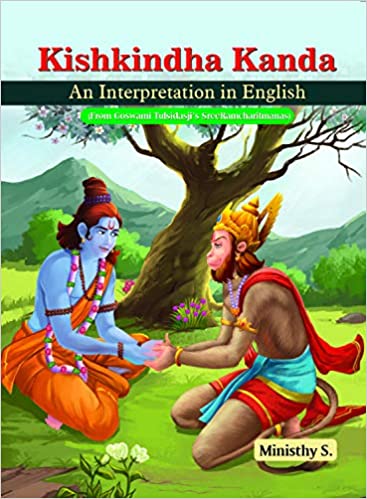
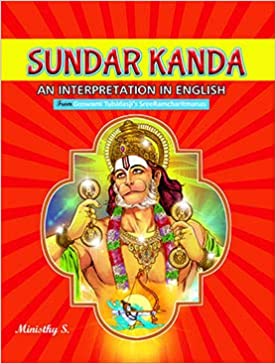
Even when we speak about the Ramayana, with Tulsidas’ Awadhi (and) the context, it’s so interesting. We all grew up knowing Ramayana, we have 100 different Ramayanas and I grew up reading the Malayalam Ramayana. Then you find nuances and stories which you never knew existed.
I’ll give you an example of how translation can lead into deeper research and understanding and insights because you’re reading for yourself and applying your own mind, not trusting somebody else’s interpretation. So this character called Mareech, we all know that he took the disguise of a golden deer and leered Rama away and when Ram murdered also, he called out “Hey Lakshman, Hey Sita”, and misguided so that Sita had to send Lakshman running after and all. So we know him as an evil asur.
Now, in the originals, he says he was one of the greatest devotees of Lord Ram. He did tell Ravan, please don’t do this. And then when finally Ravan said no, you have to do it, he then says, okay, this is my worldly duty. The Great Lord knows I’m just doing it as a part of the role in this human naatak and lord, who is in my heart, will forgive me and that’s exactly what happens. Lord Ram allows some access to Vishnudham, his own abode, and it says because he was true in his heart, in his devotion to the Lord. How many of us know this side of a so-called nasty asura? This is in Tulsidas’ Ramayana, and so when I do transliteration, I give these notes and highlight these aspects so we can’t just take (that) everything ss black and white. There are deeper stories, whom I call as an asura can be the greatest devotee and Lord Ram says, come to my abode. So these widen your perspective as a human being as well.
Sita, is in all different forms, a Sita. Now, Amish writes Sita as the warrior of Mithila. In Telugu, there is a version in Volga’s translation, in which it’s a different aspect. In Malayalam, we have poetry in which Sita is supposed to be the daughter of Ravana and he knew that she will cause his death and so, there are so many stories, you can’t put limits on human imagination or the ability to understand. So I think literature opens up your mind to all possibilities, makes you a better human being.
Click to read the an interview with Volga
You have loved translations, and now are a translator yourself. How have things changed, as the tables have turned?
Ministhy S: Yeah, when I was in high school, Ashapurna Devi’s Prothom Protishruti, Bakul Katha, and Subarnolata, I just remember, were so fascinating that my mother had to scold me at night, two o’clock or so, “The light is on” or “Your exam is there, what are you reading?” So translations (got me) hooked. I remember reading Khandekar’s Yayati, from Marathi, translated into Malayalam. A lot of Russian classics we read, translated into Malayalam. So that is a very vibrant culture. Nirmal Verma’s short stories we ended up reading in Malayalam. So that’s how that love for world literature came about.
Now, sometimes I wonder, I don’t remember the names of those translators. But look at that service. So now that I’m a translator, I’m very, very alert about my rights. So originally, our names used to come in the back cover. Now, it has started coming in the front cover, and I’m waiting for the day when the font size is the same as that of the authors. I mean, I think I’m a foster mother, the author is the mother. Both love the kids equally.
I recently got a message from one of my batchmates, he said, Mini, thank you for translating Anti Clock. He’s a Tamilian, so he said, because I would never have had access to this gem. So these are things which make the work (worth it) because there’s a lot of hard work which goes behind the finished product, multiple rounds of editing with the author, with the publisher.
So there is visible improvement in how translators are treated. Has that changed things like pay?
Ministhy S: Definitely there’s been an improvement. So even today, you cannot survive only as a translator because the pay, the money part, even now it does not all look right. It is time that we have translation courses for doctorate level studies like you’ve got departments in University of Berkeley and all that. It’s time that we encourage it. For example, (a) litfest calling translators, giving them an audience, highlighting it, the awards are going to translators; these are the steps that are absolutely in the right direction and we have, I think, very talented translators from multiple languages. But one real challenge is translating across Indian languages. Now, I have translated Anti-Clock from Malayalam to English. My friend, she’s very good in Bangla, but she is unable to translate it from the Malayalam original. If she translates, it will be from English to Bengali. But even that, I think, should be encouraged rather than wait(ing) for perfection, in which you have a person who knows both Bangla and Malayalam. Well, at least if you have somebody who can take it forward from the English version – we have to start discussing such possibilities.
I’m still not confident in my ka and ki in Hindi to translate into Hindi! It might be too much for me. Probably my kid can do it, she loves literature too. So maybe the next generation, they can translate Hindi novels and Malayalam novels or other work interchangably.
What was the most difficult part of translating Anti-Clock?
Ministhy S: See, the greatest challenge in Anti Clock, it is about this very ironic, detached voice of this very miserable coffin maker, Henry, who has lost his family, but surprisingly erudite and intelligent. Now, Henry, I was telling James recently, if you write down the total number of sentences Henry speaks in the entire 320 (pages), it’ll come to less than one paragraph. The whole novella (is about) thoughts in his mind, and he’s in the present sometime, then he’s in the past, then he goes to the future. To capture the tenses and to capture that steady, clear voice and to maintain it from the first page to the last page, that was a greatest challenge for me.
I did multiple number of editing (rounds). Yeah, but it was worth it in the end.

As part of our effort to compensate our writers better, we at Purple Pencil Project have launched the #PayTheWriter initiative, where readers can directly show support and appreciation for our wonderful team.
Scan or upload this image on your UPI app, and show them the love 😀








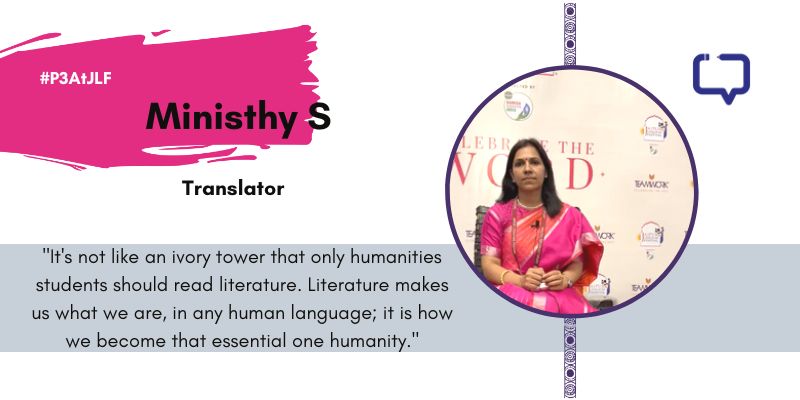

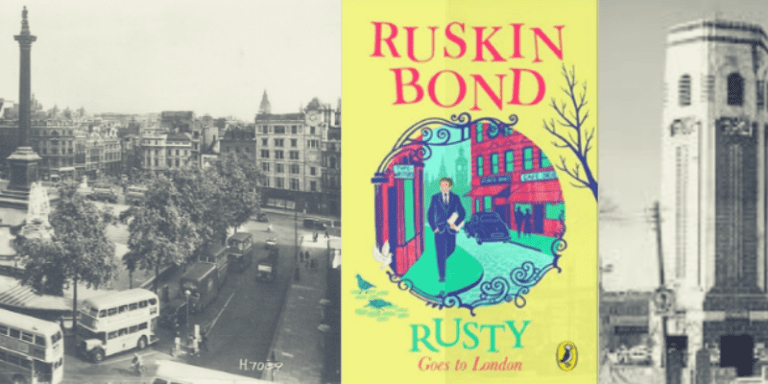
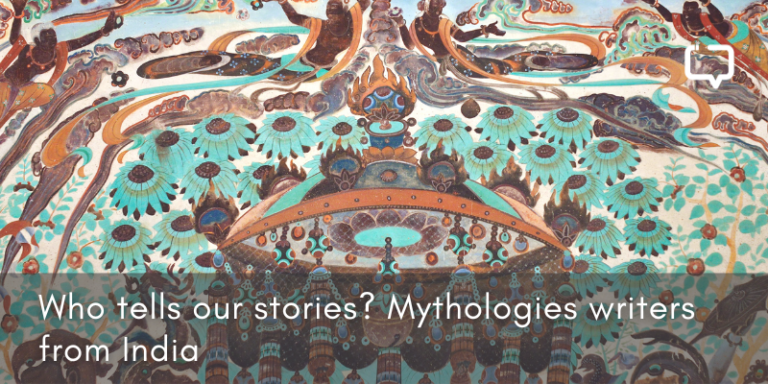
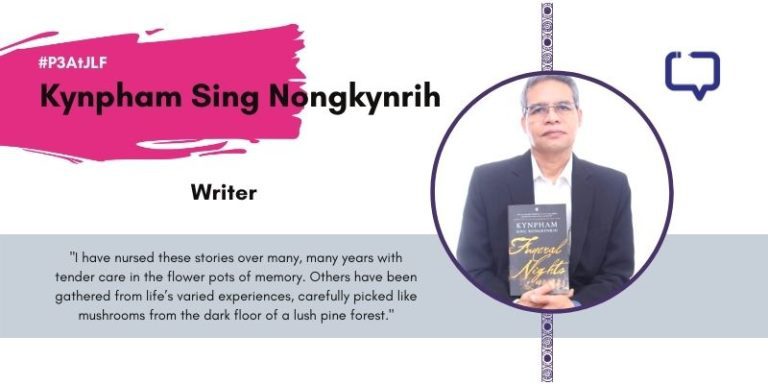

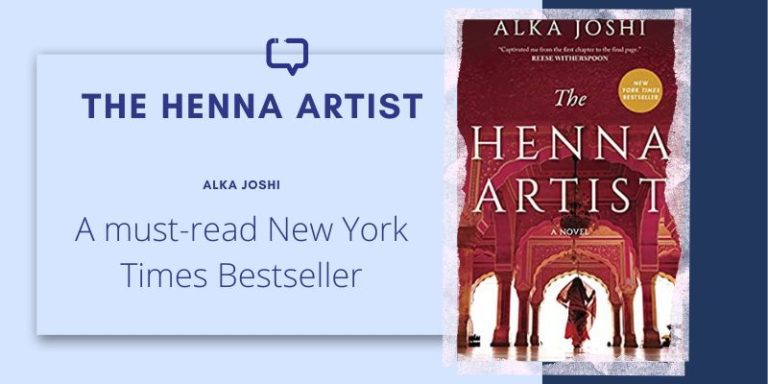
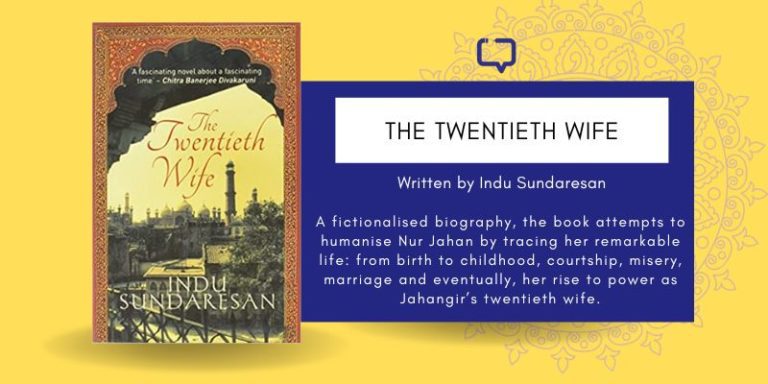

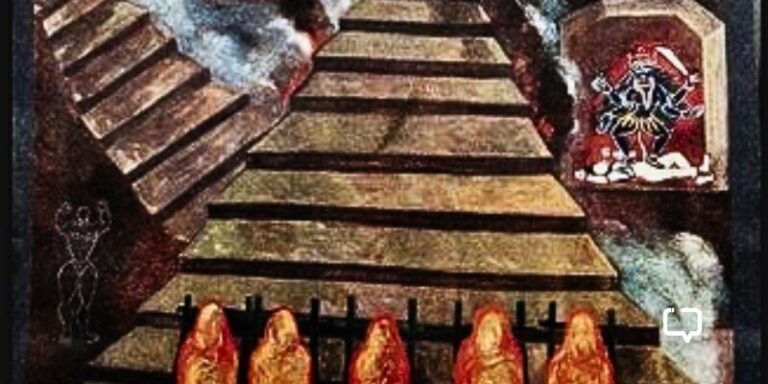
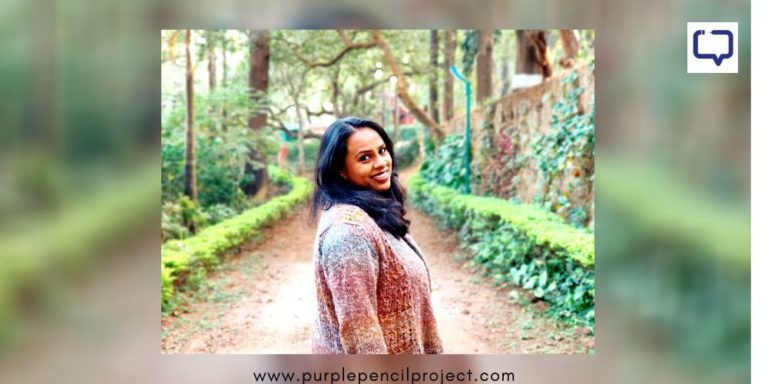

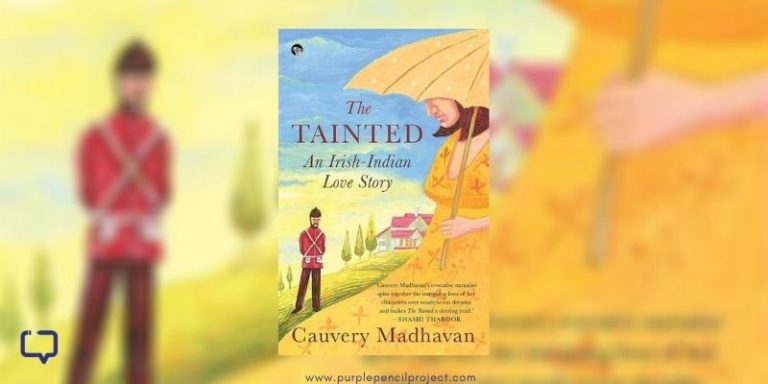
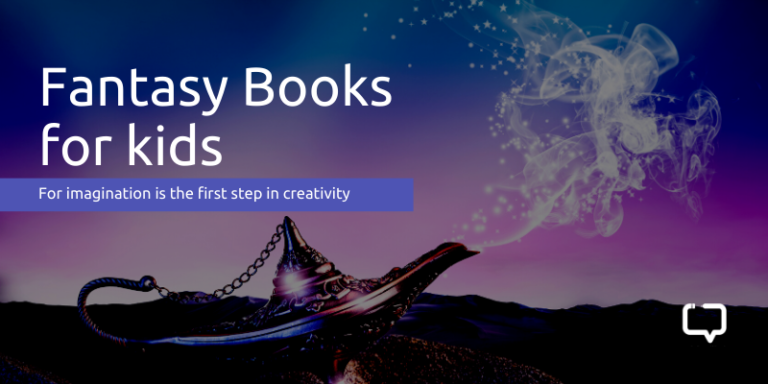

3 Responses
Thanks so much for this lovely interview. It’s thanks to Ministhy’s translation, I was able to read KR Meera. And the comment –
no ivory tower that only humanities students should read literature- so true and essential. Loved reading this !
Will you please request her to translate Bhargwat Pravachan by Dongre Ji Maharaj from Hindi to Malayali and English.
Indeed, we can try dropping her a message. Thank you!